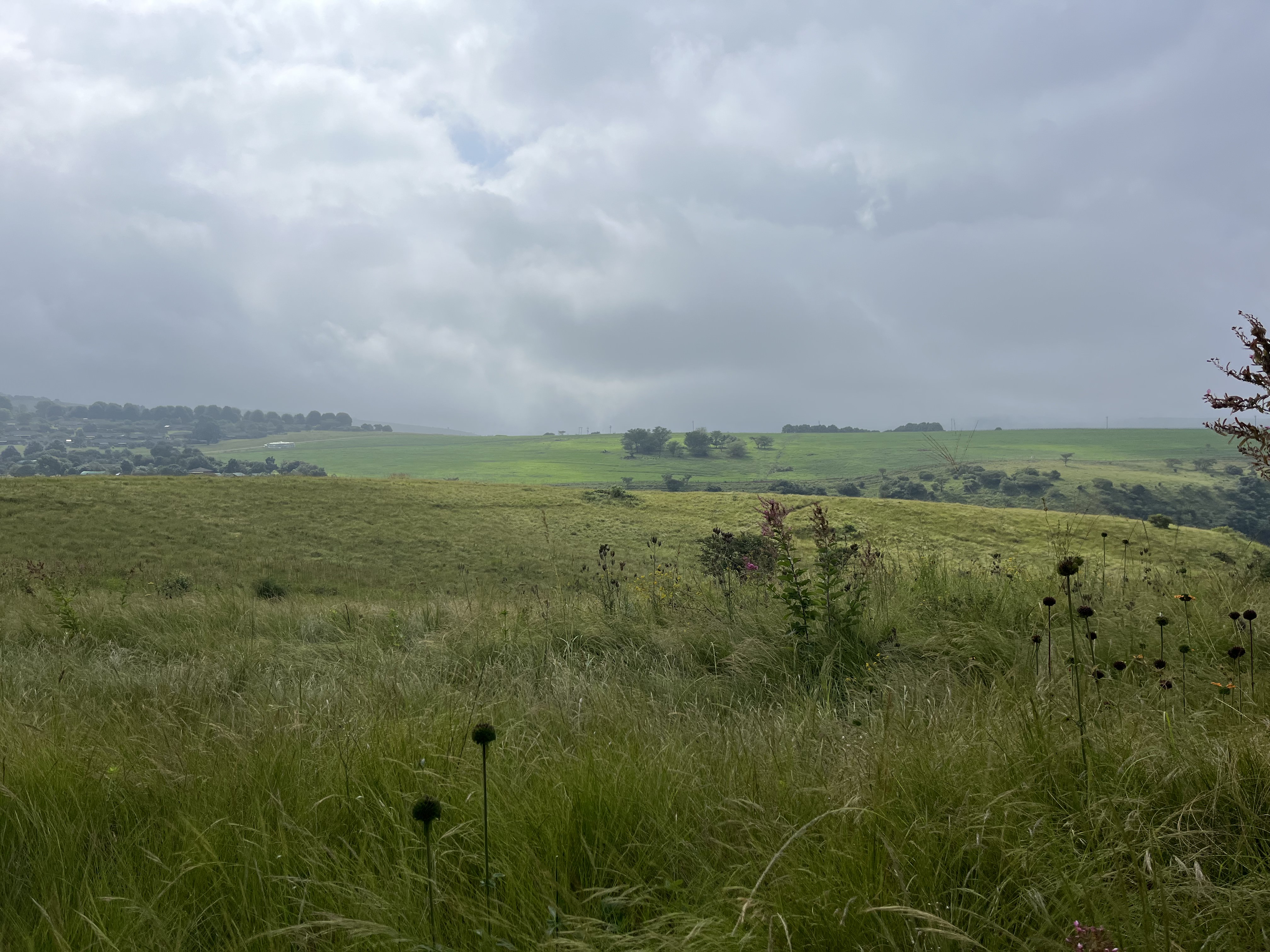About
Africa's communal rangelands face significant degradation, driven by expanding settlements, land tenure policies, climate change, pervasive wildfires, and unmanaged grazing. This degradation leads to the loss of biodiversity and wildlife, erodes the resilience of communities to extreme weather events, limits agricultural-based livelihoods, and undermines water security and provisioning. Organizations across Africa are employing the ethos of the Herding4Health (H4H) model, which addresses these challenges by supporting community-driven, sustainable rangeland stewardship. Meat Naturally undertakes a similar approach by restoring rangelands and conserving biodiversity while improving livelihoods through capacity building and community governance structures. Meat Naturally is scaling rapidly, with new initiatives exploring access to carbon and nature finance as well as sustainable supply-chain meat markets.
However, current evidence suggests that H4H impacts could be highly context-dependent, and may be modest. Furthermore, improvements in community resource management have not clearly translated into detectable short-term well-being benefits or significant improvements in rangeland health. We see a unique opportunity to experiment with payments for ecosystem services (PES) designs by testing behavioral, social, and ecological responses to tailored individual and collective incentives using a randomized controlled trial (RCT).
The project will align with Conservation South Africa and the Africa Field Division’s broader strategy, contributing to the Roadmap for Enabling Just Transformations for Africa’s People and Nature (“Africa Roadmap”) as well as the Meat Naturally and H4H rangeland restoration scaling efforts. The results may better help position these programs to attract future carbon and biodiversity finance from voluntary carbon markets.
